Nuclear talks expected to boost dialogue
Updated: 2016-03-31 11:46
By Hua Shengdun in Washington(China Daily USA)
|
||||||||
The Nuclear Security Summit will lead to more US-China dialogue at the highest levels, according to an expert from Harvard University.
"I think there will be a new initiative for deeper cooperation on nuclear security. Following this summit, I expect at the very least an announcement of regular high-level dialogues between the leadership of the US and China regarding nuclear security," said Hui Zhang, a senior research associate for the project on managing the atom at Harvard, on Wednesday at the 2016 NGO Nuclear Security Summit in Washington.
More than 100 experts on nuclear issues met at the summit titled Solutions for a Secure Nuclear Future to propose recommendations for policymakers in Washington.
President Xi already declared that the country should implement nuclear security as a focal point of the national security system as a whole, said Zhang. "China has very much increased its awareness of nuclear security as an important matter," he added.
This year's attendees spent some time discussing a recent development -China's Nuclear Center for Excellence - which opened on March 18 in northeastern part of Beijing. The center underscores China's growing role in the issue of nuclear security.
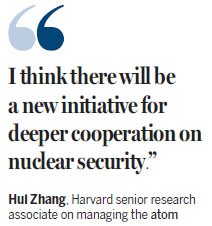
"Having China now take a leadership role along with the US and other countries is absolutely critical," said US Energy Secretary Ernest Moniz at a ceremony in Beijing on March 18 when the center started operation. "This is an absolutely world-class facility, this Center of Excellence."
The center will soon begin to train technical and security professionals from China and abroad. It's the largest joint project in nuclear security between China and the US and will be able to train about 2,000 nuclear security personnel each year.
Experts at the NGO meeting also discussed recent terrorist attacks in Belgium, Turkey, and France as examples of why securing devastating nuclear materials is imperative.
Corey Hinderstein, senior coordinator of the Nuclear Security Summit and of nonproliferation policy affairs at the US Energy Department, said: "Nuclear security has never been more important. And thank goodness we have never been more equipped as a community to deal with it."
Harvard's Zhang believes that recent developments in the Chinese economy are beneficial.
He referred to the Belt Road Initiative, a project to build infrastructure in Central Asian and Eastern European countries. The goal is primarily to promote trade in the region.
"Along the belt, there are some countries that are interested in buying China's nuclear reactors. They have a lack of infrastructure to deal with this technology, so the Beijing Center of Excellence could potentially provide them with training and resources," Zhang said.
Allan Fong in Washington contributed to this story.
- Cypriot court remands in custody man suspected of hijacking EgyptAir flight
- Govt eyes luxury tourists amid concerns over safety
- Sleep tight and don't let sharks bite at Paris aquarium
- Aung San Suu Kyi appointed as Myanmar's new foreign minister
- Hollande promises to tighten Euro 2016 security
- US officials applaud China for nuclear cooperation
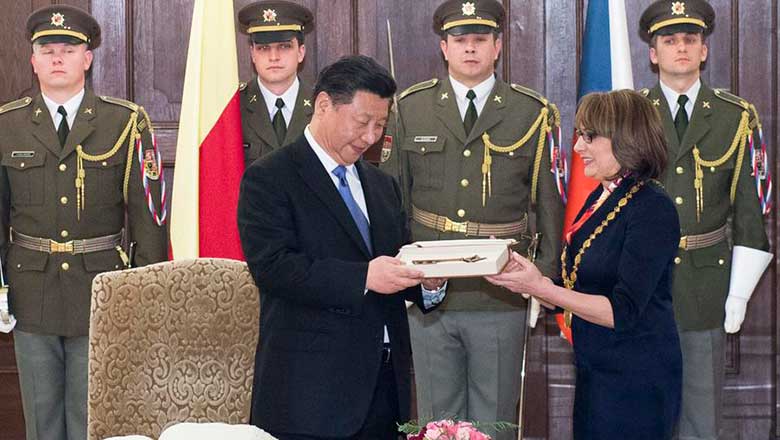
 President Xi presented with 'key to Prague'
President Xi presented with 'key to Prague'
 China move into the final stage of Asia qualifiers after 15 years
China move into the final stage of Asia qualifiers after 15 years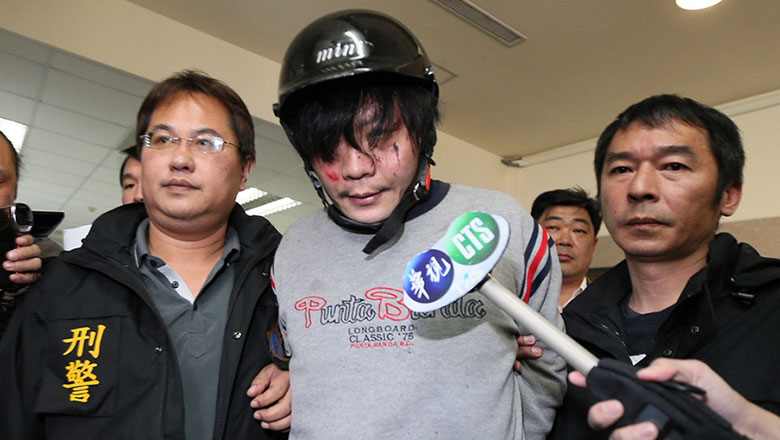
 Grief, anger engulf Taiwan as suspected killer of girl arrested
Grief, anger engulf Taiwan as suspected killer of girl arrested
 Stolen Buddha statue head arrives in Hebei museum
Stolen Buddha statue head arrives in Hebei museum
 Top 10 best-selling beers in the world
Top 10 best-selling beers in the world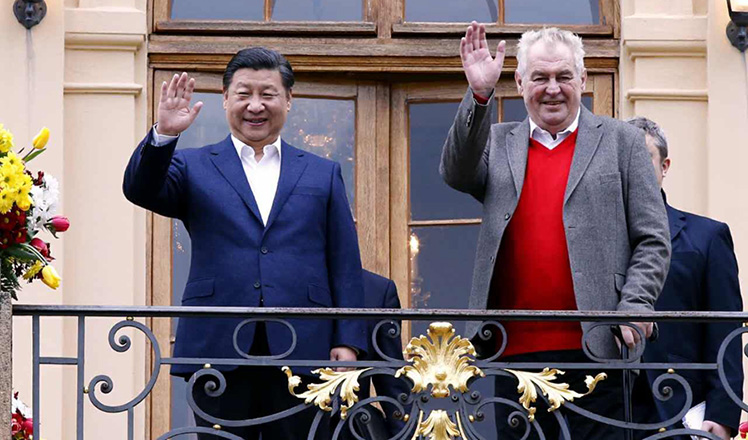
 Czech President Milos Zeman hosts Xi at private residence
Czech President Milos Zeman hosts Xi at private residence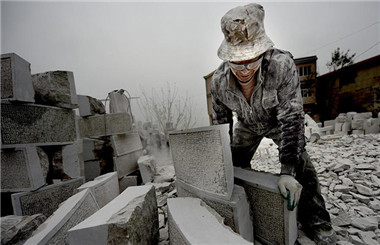
 The snow-white world of a tombstone carver
The snow-white world of a tombstone carver
 Conjoined twins' operation bittersweet for family
Conjoined twins' operation bittersweet for family
Most Viewed
Editor's Picks

|

|

|

|

|

|
Today's Top News
Marriott unlikely to top Anbang offer for Starwood: Observers
Chinese biopharma debuts on Nasdaq
What ends Jeb Bush's White House hopes
Investigation for Nicolas's campaign
Will US-ASEAN meeting be good for region?
Accentuate the positive in Sino-US relations
Dangerous games on peninsula will have no winner
National Art Museum showing 400 puppets in new exhibition
US Weekly

|

|








